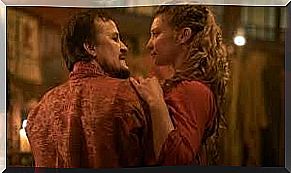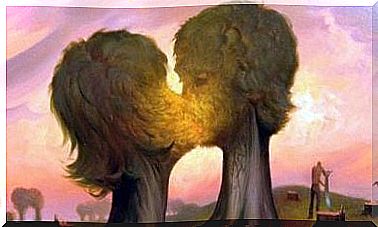Attila, The Scourge Of God
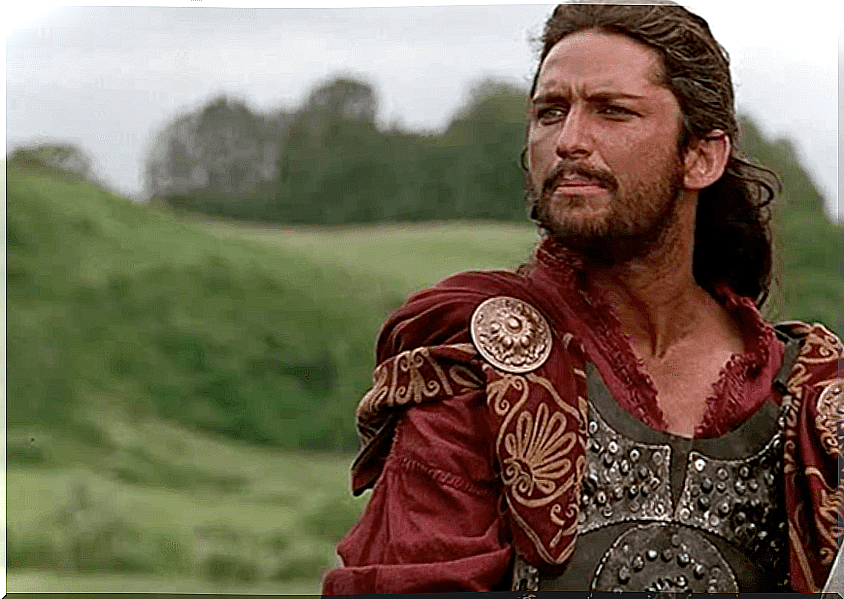
In the middle of the 5th century AD, the Western Roman Empire, already disintegrated from the so-called “Byzantine Empire”, was a sick old man. In the occupied European regions it would still be several centuries before other stable states were installed. However, although volatile in the eyes of History, in these moments powers capable of challenging the Eternal City were born. One of the best known will be the tribe of the Huns, led by the famous Attila. Such was their power that the extent of their dominions surpassed even that of the Roman world.
The image we have of the leader of the Huns is that of a ruthless barbarian in many cases. It is the first of many vast, relentless, unknowable eastern invaders who would come to ravage the western world.
A role that would later fall on Tamerlane, Genghis Khan or more recently on communist China. However, apart from the sources most used to get closer to the character, there are others that give more balanced views. In the Nordic sagas Attila is a noble warrior, in the news from the Roman embassy Prisco a gallant courtier.
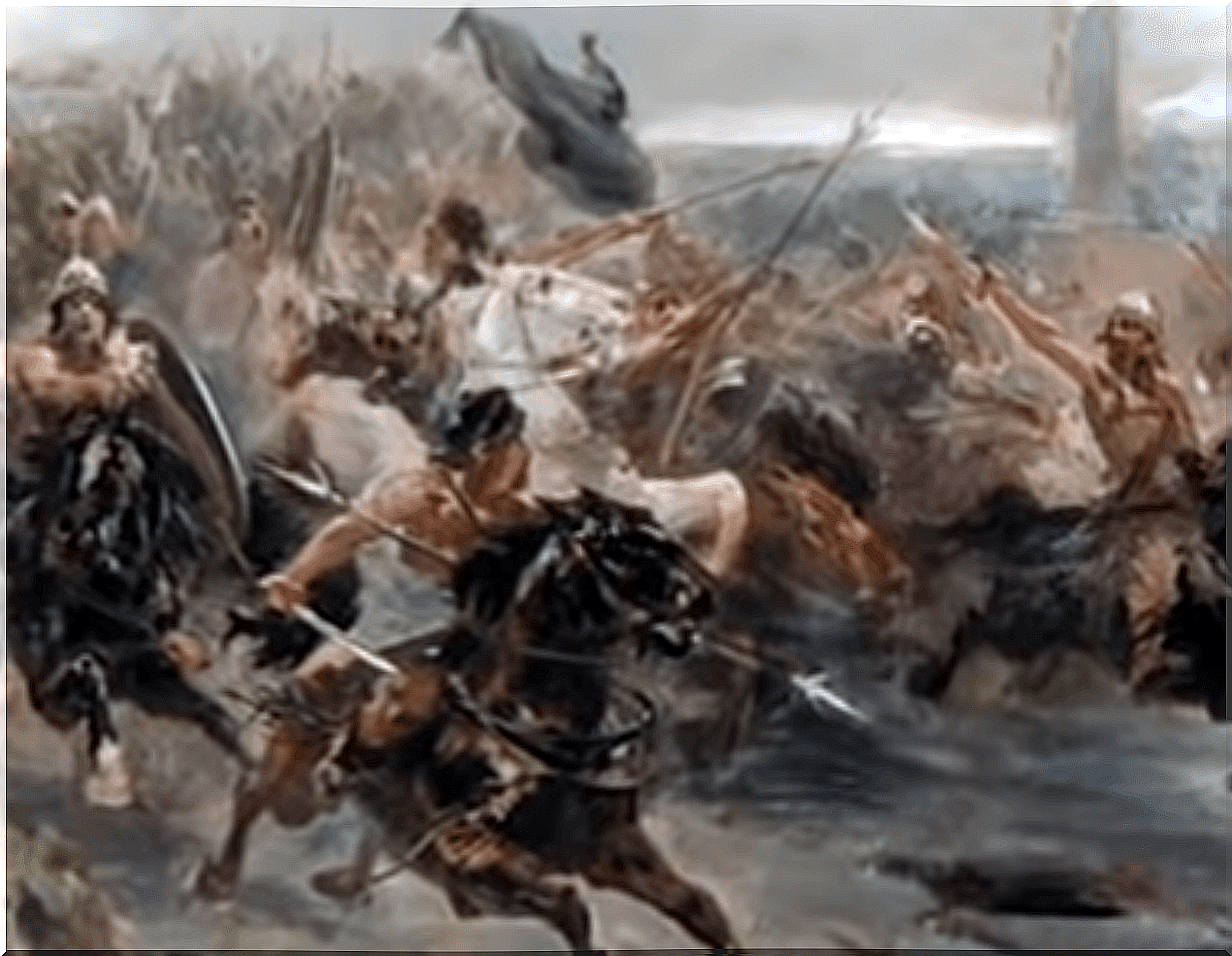
Attila, King of the Huns
In 445 AD Bleda, Attila’s brother, died. It has been wanted to see a certain implication of Atila in the event, but it is not proven. In any case, from this moment on, our protagonist inherits the throne.
His people, coming from somewhere in the Asian steppes and cited in Chinese sources, ruled at this time over various barbarian tribes, such as the Saxons or the Alans. Attila’s dominions would span from the Balkans to Jutland, from the River Rhine to beyond the River Don. Their warrior skills had already allowed them to challenge Rome, but also support her as mercenaries.
In an increasingly decadent empire, in which successive generals seized the throne in a precarious political balance, the barbarians once despised by Rome had been gaining status through arms. While Visigoths, Franks or Swabians settled in the Empire’s lands, the Huns preferred gold tributes in exchange for their help by suppressing the revolts that devastated the Empire. But political alliances were not without betrayals.
Attila’s fury
Theodosius II, Emperor of the Eastern Roman Empire, in Constantinople, hatches a plot with members of Attila’s court to assassinate him. Although he fails, his successor Marciano prolongs the insults by refusing to pay the tribute agreed to the Huns. These two facts exceed the patience of the caudillo, who launches into battle.
From this moment, Attila earns the reputation of an indomitable general. This halo was not accidental. Throughout his military career he was able to besiege Constantinople, attack the Balkans twice, invade Italy and reach the very gates of Rome. There Pope Leo X was the only one able to persuade him not to sack the city. Few before him can boast of such feats.
Not all were victories, since at the beginning of his campaigns he suffered a disaster against the combined Roman and Visigothic troops. Confronted with Aetius, the last great Roman general, and Theodoric, the founder of the Visigoth Kingdom of Toulouse, the Huns fell on the Catalonian Fields.
The right of a child to inheritance from a parent
Apart from all the Roman insults, it seems that another fact motivated Attila’s enmity with Rome. Emperor Valentinian III decided to separate his sister Honoria from the Augustan family. The emperor had only one daughter, married to the son of Aetius. Honoria, for her part, did have male children, legitimate heirs to the throne according to Roman law. His repudiation prevented this.
Honoria decided to ask the Hun king for help, sending him the ring with the seal that proved her identity. In an episode worthy of the best of tragedies, the barbarian decided to face the imperial armies in defense of the princess who, as he interpreted, had requested a marriage to himself. He would defend the rights of his now adopted sons to the throne.
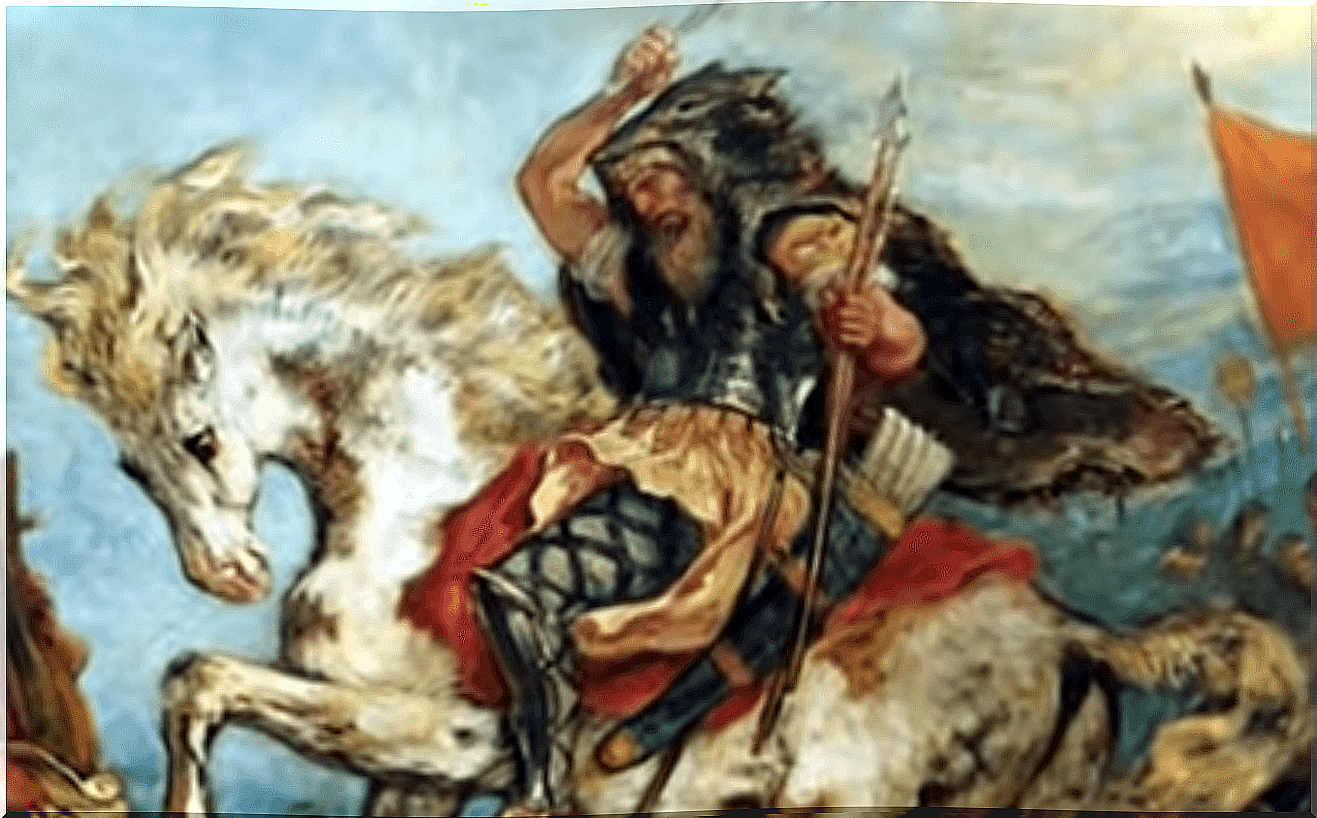
A very polite barbarian
Of all the authors who have spoken about Attila, the most discordant is Prisco. This Roman historian was part of an embassy in the court of the Huns and knew the character beyond hearsay.
Although it may seem shocking, he insists that they received hospitality and generosity at all times. Attila invited all his guests to a banquet on gold and silver dishes, while he ate a frugal meal on wooden plates.
After more than 1,500 years, Attila is more his legend than his story. In his memory the two are mixed, and they are not always easy to differentiate.
